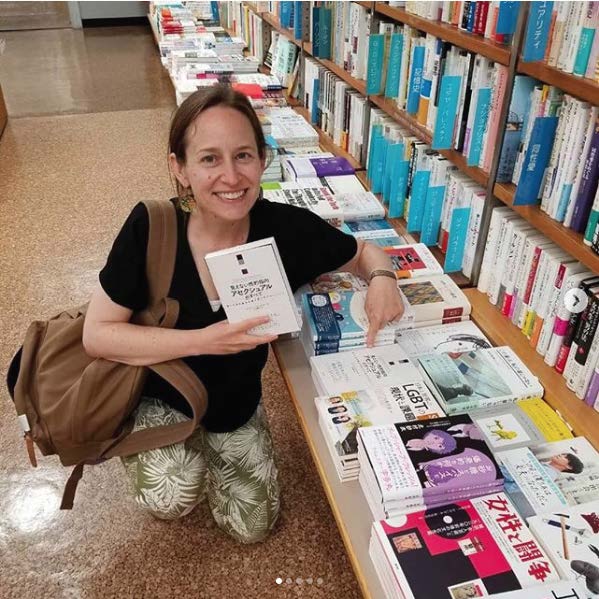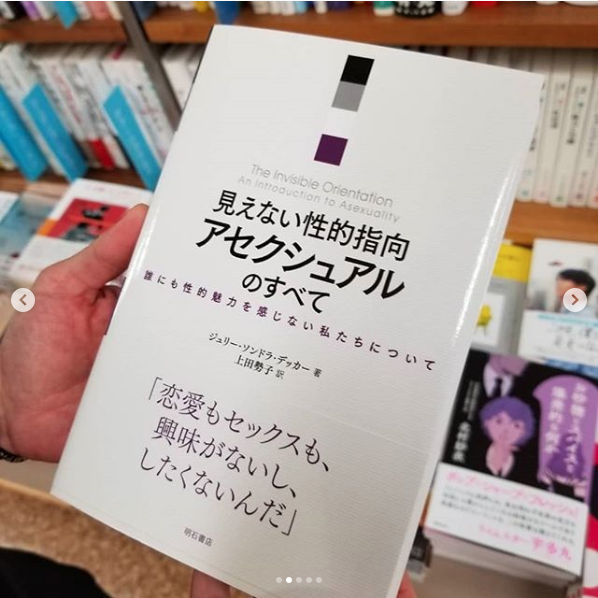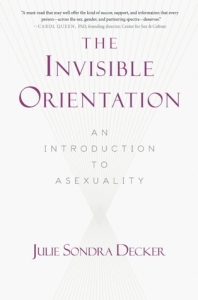This is far from a new idea–I’ve seen it expressed several times–but now I’m experiencing it myself and I’m going to reflect on it.
When you write a book, get it published, and release it into the wild, it becomes no longer yours.
That may sound like an obvious statement, but the nuances are a little more complex. You know when your work is published that people you don’t know and will never meet are now hearing your words in their heads. You know you’ve made them think about things they wouldn’t have thought if you hadn’t thought them first and written them down. You know your work gets its wings and flies to places you’ve never been, carrying ideas in its wake, spreading messages far and wide.
But what’s really interesting about it is seeing people treating it like it’s . . . well, something other than your weird little baby. Reacting to it like it’s public property–because it is. Reviewing it positively and discussing its potential influence on academic matters. Posting quotes from it that they found inspirational and getting hundreds of people to share them with others. Getting excited because their copy arrived and taking pictures of it to blog and tweet. Seeing it criticized and seeing others get my back. Recommending it to people to help understand themselves and each other. Telling personal stories about why my book is important to them.
It’s mine, but it’s not just mine anymore.
The book has become part of the conversation. Part of the world. Part of the fabric of existence as we go on from here. It’s something others can access to inform their lives, and it’s something that is now being casually recommended to strangers by other strangers so they can understand an experience we’ve all had. These people have oftentimes paid money for the privilege of letting me “talk” to them for an appreciable length of time. My words were taken seriously, digested, enjoyed, passed on. They are being read now. They will continue to be in the future.
And for many of the people who read it, who I am as a person isn’t actually important. So many readers absorb the content of a book without even thinking about the person who wrote it, without thinking about why they wrote it, without trying to connect to that person (even though they’ve done so in a pretty intimate way if you ask us). The way they think of us sometimes, if they don’t know us in person or online, is just as content generators–a disembodied set of words and opinions that made a thing and sold the thing.
I like that.
No, not because I like being dehumanized or separated from my content, or because I don’t like when people DO try to connect personally (because I do like that), but because now they don’t have to know me to hear my words. They don’t have to be part of my world for me to be part of theirs.
It’s a good feeling.





